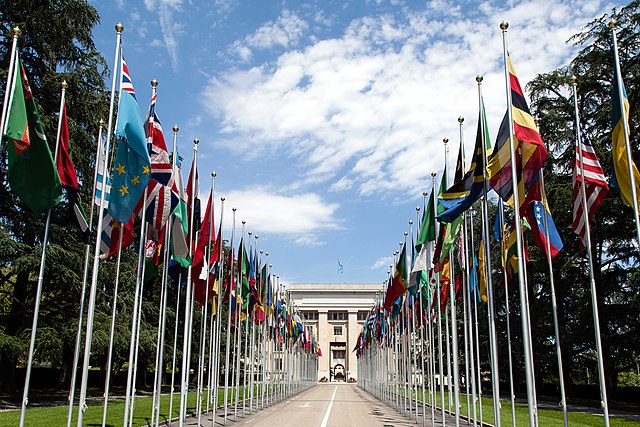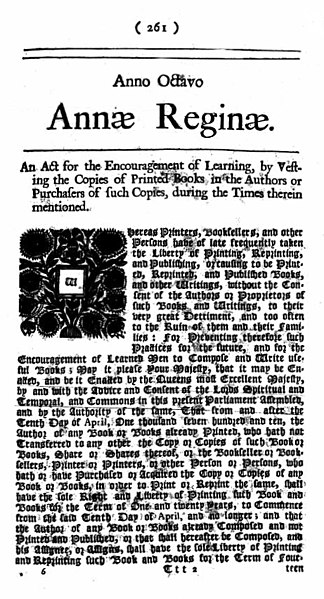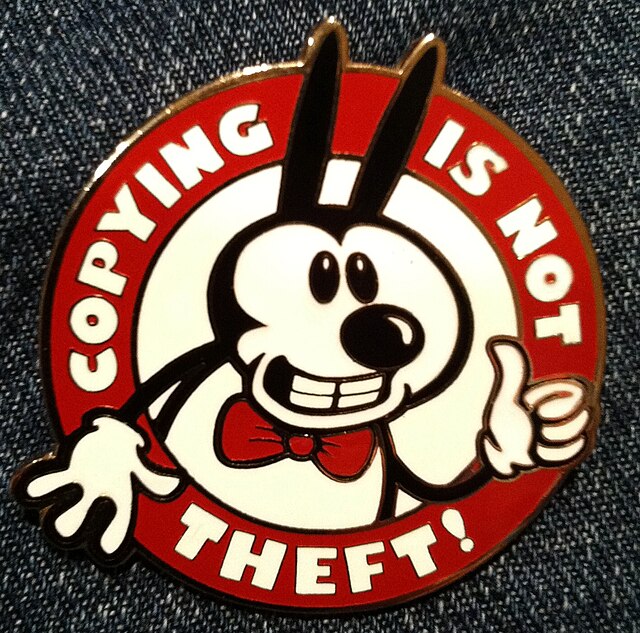World Intellectual Property Organization
The World Intellectual Property Organization is one of the 15 specialized agencies of the United Nations (UN). Pursuant to the 1967 Convention Establishing the World Intellectual Property Organization, WIPO was created to promote and protect intellectual property (IP) across the world by cooperating with countries as well as international organizations. It began operations on 26 April 1970 when the convention entered into force. The current Director General is Singaporean Daren Tang, former head of the Intellectual Property Office of Singapore, who began his term on 1 October 2020.
The United Nations Office at Geneva (Switzerland) is the second biggest UN centre, after the United Nations headquarters (New York City).
WIPO headquarters, Geneva
Current WIPO Director General Daren Tang.
Intellectual property (IP) is a category of property that includes intangible creations of the human intellect. There are many types of intellectual property, and some countries recognize more than others. The best-known types are patents, copyrights, trademarks, and trade secrets. The modern concept of intellectual property developed in England in the 17th and 18th centuries. The term "intellectual property" began to be used in the 19th century, though it was not until the late 20th century that intellectual property became commonplace in most of the world's legal systems.
Intellectual property laws such as trademark laws forbid the sale of infringing goods like these "McDnoald's" [sic] and "NKIE" [sic] sandals from China.
The Statute of Anne came into force in 1710.
Demonstration in Sweden in support of file sharing, 2006
"Copying is not theft!" badge with a character resembling Mickey Mouse in reference to the "in popular culture" rationale behind the Sonny Bono Copyright Term Extension Act of 1998




![Intellectual property laws such as trademark laws forbid the sale of infringing goods like these "McDnoald's" [sic] and "NKIE" [sic] sandals from Chin](https://upload.wikimedia.org/wikipedia/commons/thumb/0/07/Nike%2C_McDonald%E2%80%99s_copyright_infringing_sandals_in_China.jpg/483px-Nike%2C_McDonald%E2%80%99s_copyright_infringing_sandals_in_China.jpg)


